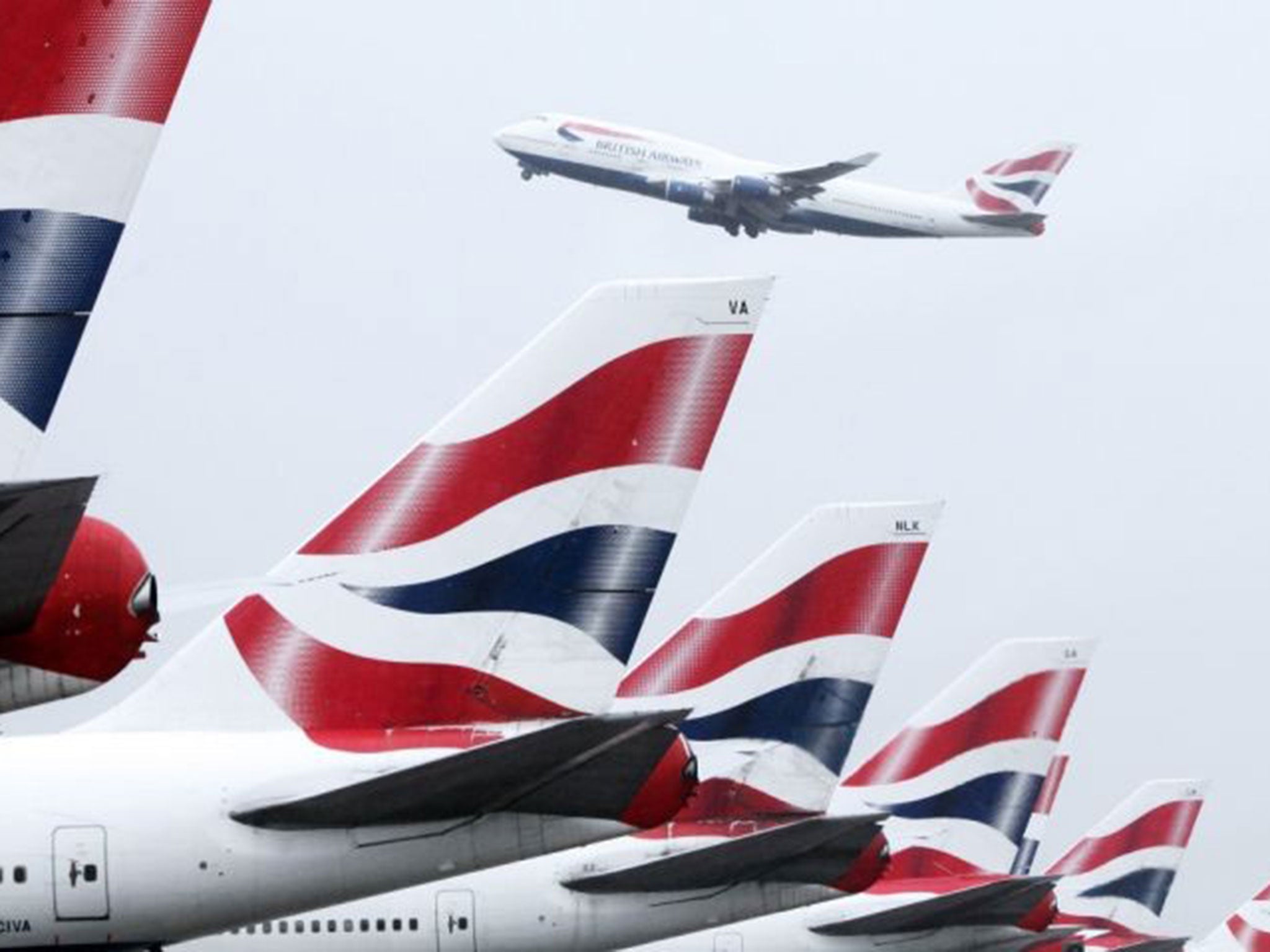We're in the middle of a refugee crisis, but for easyJet and British Airways it's business as usual
This is a time when we all must consider our social responsibilities - especially big corporations profiting from volunteers

How successful are the grassroots campaigns to support refugees in the Calais ‘Jungle’? Short answer: too successful. In fact, the Jungle is overwhelmed with donations, and limited storage facilities are forcing everyone to make tough decisions. As food, clothes and shelter pour in across the UK to regional collection centres, the logistics question has raised its head. How to increase the reach of aid and distribute to the ever growing number of camps across Europe and the Middle East? We need corporations on board.
Some airlines have implemented extraordinary measures to allow individuals, rather than registered charities, to take extra luggage with them to specified destinations. Lufthansa, Turkish Airlines and Thomas Cook have all played their part. During a telephone call this week, Andrew Swaffield, CEO of Monarch, confirmed to me that his company is currently devising similar measures.
Yet Easyjet and British Airways seem unwilling to get on board, stating in emails to me that they only support registered charities - charities which are stretched beyond their means in light of the millions of people seeking sanctuary. Without supporting individuals to back these charities up, the crisis continues.
The main route taken by UK citizens travelling to volunteer is to fill their vans, trailers and horse-boxes and purchase ferry tickets. As the school holidays are now over, the normal reduction in ferry passenger traffic at this time of year has been counteracted by everyday people using these routes to support the movement of donations to those in desperate need. However, the fares for transporting vehicles of this size are counterproductive. Funds that could be spent on much-needed shelter and food supplies are being diverted to cover the cost of ferry tickets. A single return crossing for a van can cost in the region of £300.
I emailed the CEOs of P&O, Brittany, Stena and DFDS ferry companies to ask whether they would be prepared to set a reduced rate for vehicles carrying donations to the continent. Both P&O Ferries and Brittany Ferries stated that they would be unwilling to do so.
My email to Helen Deeble of P&O Ferries was passed to the Communications team who responded: “We are currently overwhelmed with requests to support humanitarian aid crossings and unfortunately we are unable to assist.” Unable.
After two rounds of emails to Mike Bevens of Brittany Ferries, his firm position was: “Unfortunately we have to draw a line somewhere with our support for charities and our focus has been set on local ones. If we add flexibility to this approach then it will be unfair to all the other appeals we get. Each year we receive a significant number of charitable requests and we simply can’t support all of them.” At the time of writing, I am awaiting a response from DFDS and Stena Ferries.
As the largest movement of displaced persons fleeing war-torn countries since World War II unfolds before our eyes, where do the social and moral responsibilities lie – as people and as corporations? Collection points that feed donation stores that are now bursting at the seams. Crowd-funding efforts for specific goods and individual causes fill the internet. Social media platforms are bringing together complete strangers to work towards the common causes of compassion and humanity.
Volunteers who are travelling with these ferry companies are in vehicles that would not be using their service for any other reason. Ultimately, this generates profit for these companies. While ordinary citizens do everything that they can to support the millions of people fleeing from persecution and death, it’s disappointing that these companies can increase the profit for their shareholders while neglecting their social and moral responsibilities.
In light of the refugee crisis happening directly on their routes, that seems simply intolerable.



Join our commenting forum
Join thought-provoking conversations, follow other Independent readers and see their replies